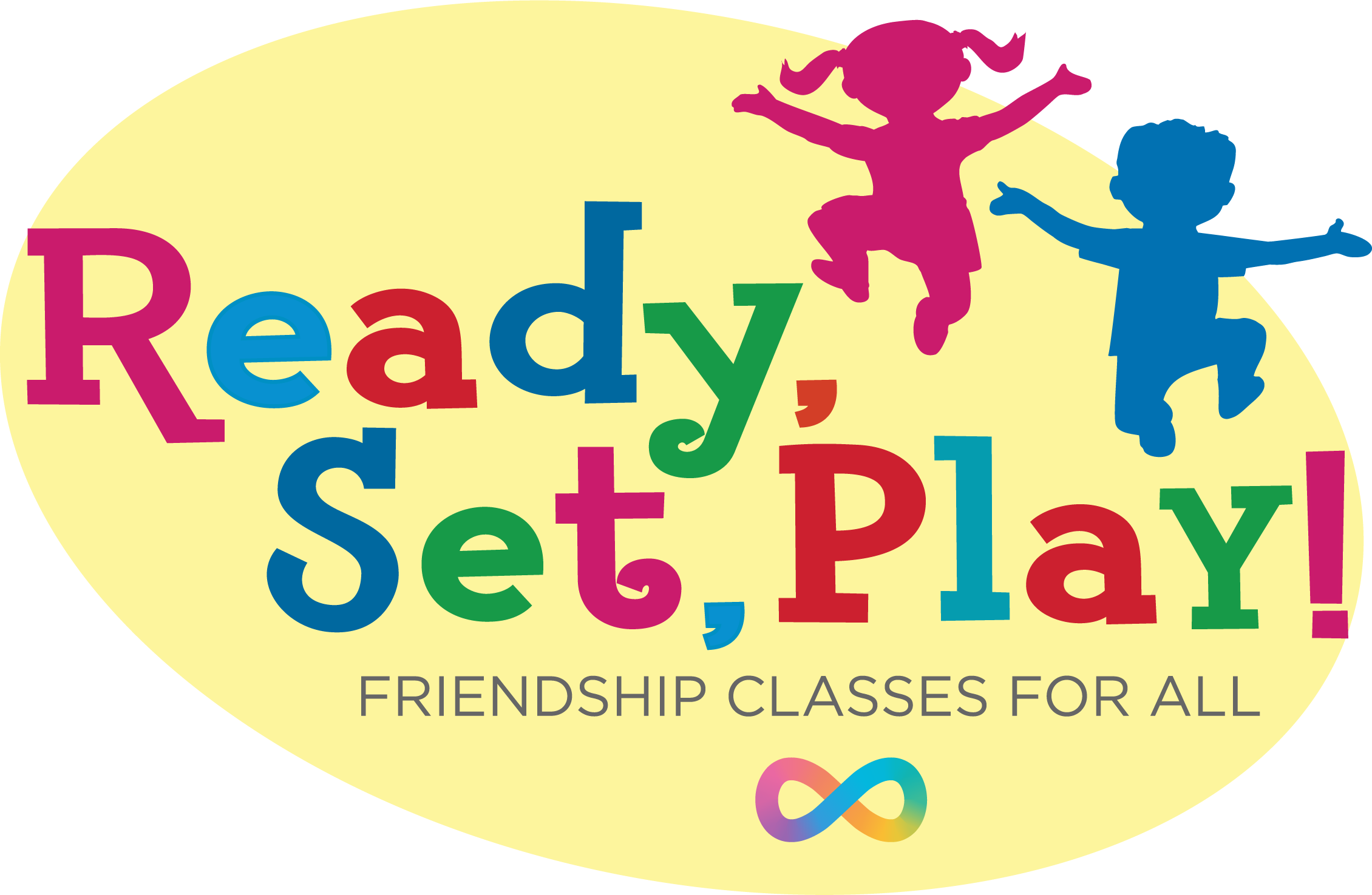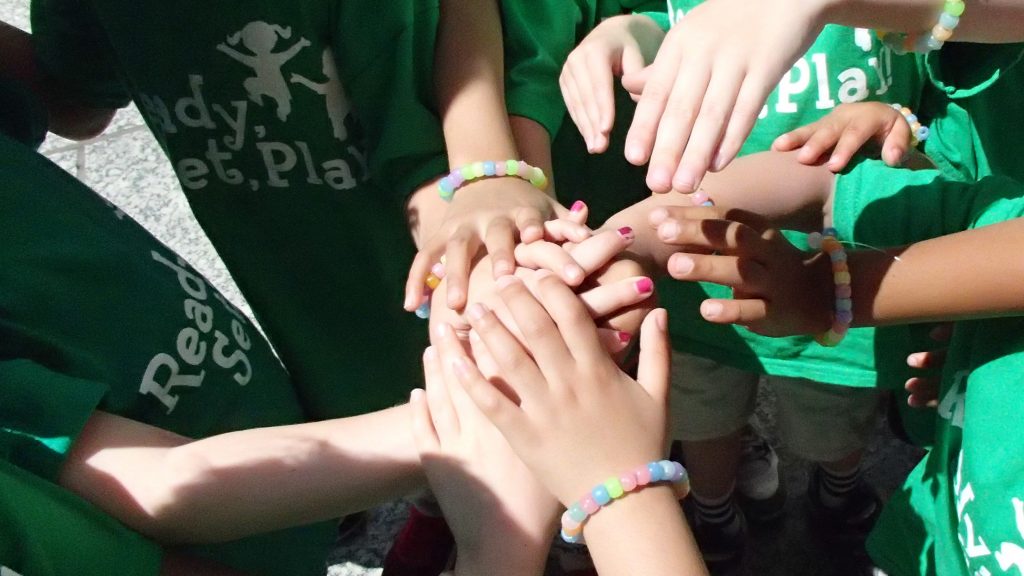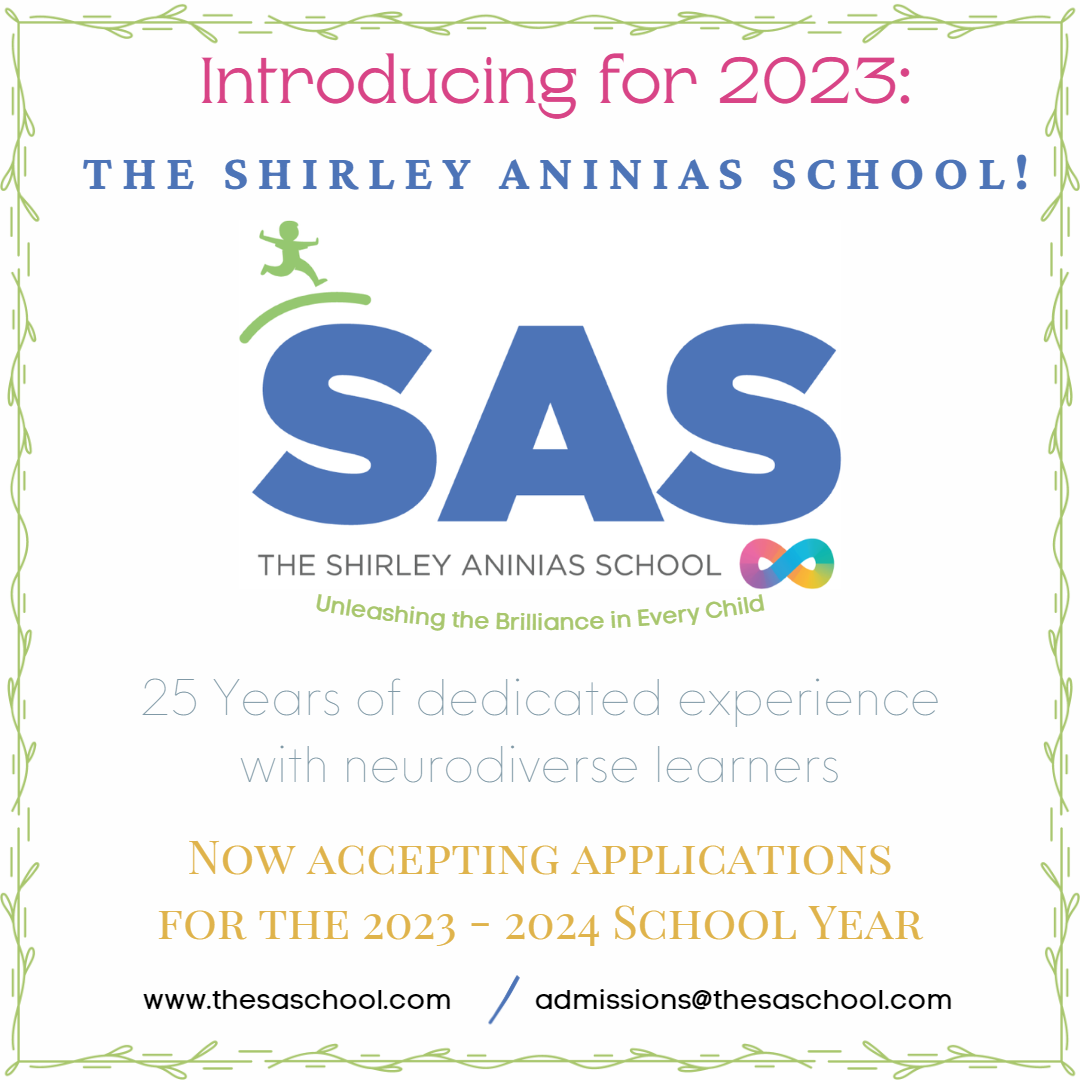NYC’s Premier Social Skills Playgroup since 2007
25 Years of Dedicated Experience with Neurodiverse Learners
Ready, Set, Play! is:
- A pioneer in the social skills development educational space
- A team of innovators and educators
- Creators of the “I Learn Through Play” instructional model
We are currently accepting applications for:
- Afterschool Social Skills Groups (Ages 2-10)
- Afterschool Hangout Groups (Ages 8 to 13)
- 2023 Summer Camp Program
We also offer:
- 1:1 Private Instruction (on-site at our brand new location)
- Private SEIT services
- Educational Consulting
- *NEW* Birthday Parties
- A community of parents and professionals


